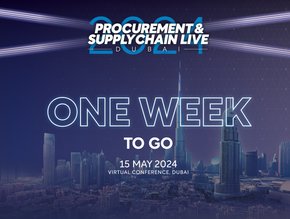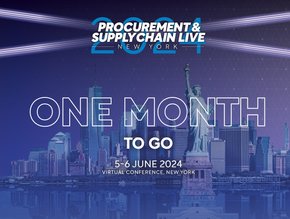Alibaba and Fonterra pilot blockchain technology in fight against food fraud

Chinese e-commerce giant Alibaba has teamed up with Fonterra to trial its Food Trust Framework, an initiative that uses blockchain technology to track consumers food across its supply chain.
Using Alibaba's Tmall Global platform, Chinese consumers can purchase products from the New Zealand dairy cooperative.
Then, in a bid to improve supply chain traceability and transparency, consumers can trace their food using the company's Food Trust Framework, which uses QR codes and blockchain technology.
“Blockchain is an emerging technology that has the potential to transform our economy and provide greater value to our customers and consumers,” says Christina Zhu, Fonterra President Greater China Christina Zhu. “We want to be at the forefront of developing food quality and safety standards across the supply chain.
“In China and many other markets, we know consumers want to be able to trace the products they purchase online, so we welcome being a part of creating a globally respected framework that protects the reputation of food companies and gives greater value and consumer confidence."
SEE ALSO:
-
Dale Farm says it is interested in acquiring Irish dairy firm LacPatrick
-
Quebec dairy producer Fromagerie Bergeron receives $3.9mn investment from Canadian government
Food fraud costs the global food industry around $40bn each year, according to research from Michigan State University.
Estimates by PricewaterhouseCoopers (PwC) also suggest that 40% of food companies find food fraud difficult to detect using current methods and 39% think that their products are easy to counterfeit.
Speaking at the launch in Auckland, Alibaba Group’s Alvin Liu, General Manager of Tmall Import & Export said: “Food fraud is a significant global challenge, particularly with the growing complexity of supply chains.
“In response, we have created a coordinated, world-leading and robust framework that involves stakeholders from across the supply chain to improve visibility and enhance the confidence of both end consumers and merchants.”
Often referred to as the ‘internet of trust’, blockchain technology records all transactions and data publicly, and it cannot be altered. The technology was originally developed to track the transfer of Bitcoin and other cryptocurrencies.
By recording details of a product’s origin and supply chain, the technology will allow consumers to tell the difference between authentic New Zealand products and inferior, counterfeit goods..
Products from Fonterra’s Anchor range are the first to be tracked as part of the pilot. If it is a success, the trial could be rolled out across all of Alibaba’s marketplaces.
PricewaterhouseCoopers, the New Zealand Post, the Australia Post and health supplement company Blackmores are also involved in the trial.






